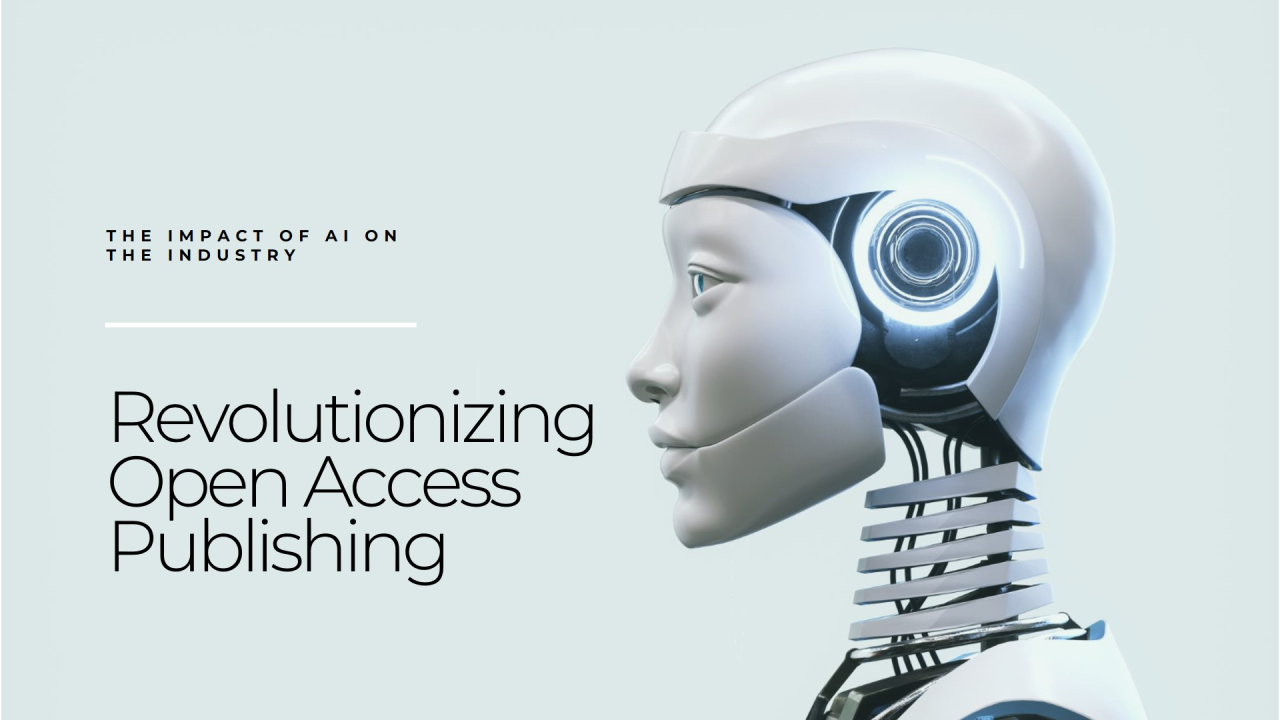CURRENT ISSUE
No Current Issue
Renewable Energy and Sustainable Engineering
Renewable Energy and Sustainable Engineering
Scope
The Renewable Energy and Sustainable Engineering field focuses on developing energy-efficient, eco-friendly technologies to mitigate environmental impact and promote sustainability. This domain integrates renewable energy solutions, carbon-neutral strategies, energy storage advancements, and sustainable materials to address global energy challenges.
With increasing concerns about climate change, resource depletion, and environmental sustainability, industries are shifting towards circular economy models, green manufacturing, and smart grid technologies.
Objectives
This section aims to:
- Promote advancements in renewable energy systems and sustainability.
- Enhance energy efficiency in industrial and transportation sectors.
- Develop smart grid and energy storage technologies for sustainable power management.
- Encourage interdisciplinary research integrating AI, IoT, and energy optimization techniques.
Topics Covered
The journal welcomes original research, review articles, and case studies in the following areas:
1. Green Manufacturing and Circular Economy Strategies
- Sustainable production processes and zero-waste manufacturing
- Recyclable and biodegradable materials in industrial applications
- Carbon-neutral manufacturing and eco-friendly supply chains
- Life cycle assessment and environmental impact reduction
2. Hydrogen Energy Systems and Battery Storage
- Hydrogen fuel cell advancements for transportation and power generation
- Battery thermal management and energy efficiency improvements
- Supercapacitors and next-generation energy storage technologies
- AI-driven energy storage optimization techniques
3. Innovations in Wind, Solar, and Hydro Power Technologies
- Smart photovoltaic systems and high-efficiency solar panels
- Advanced wind turbine aerodynamics and energy conversion
- Hydrokinetic and tidal energy innovations
- Hybrid renewable energy systems and off-grid solutions
4. Carbon Capture, Storage, and Utilization (CCUS)
- AI-based carbon footprint reduction strategies
- Carbon sequestration technologies and direct air capture methods
- Industrial applications of CO? utilization
- Policy and economic aspects of carbon neutrality
5. Energy Efficiency and Sustainable Building Technologies
- Smart building materials for energy conservation
- Passive cooling and advanced HVAC systems
- AI-driven predictive maintenance for energy management
- Net-zero energy buildings and green architecture
6. AI and Digital Technologies in Renewable Energy
- AI-powered optimization of energy grids and distribution
- IoT-enabled energy monitoring systems
- Predictive maintenance in renewable power plants
- Blockchain for decentralized energy transactions
Research Significance
Renewable energy and sustainable engineering are essential for achieving global climate goals, energy security, and environmental sustainability. The integration of AI, smart grids, and carbon-neutral technologies is driving the transition towards a more sustainable future.
Through Vectron: Journal of Advanced Mechanical Sciences, researchers and industry professionals can share innovative research, experimental insights, and technological advancements that are shaping the future of renewable energy and sustainability.















